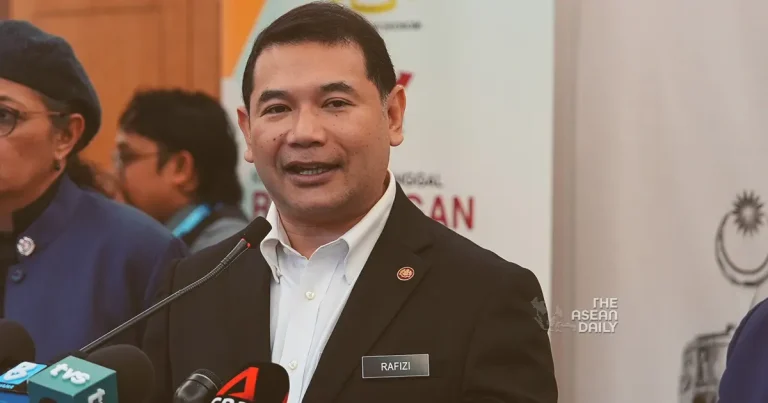31-3-2024 (KUALA LUMPUR) Efforts by the Malaysian government to establish a comprehensive database of citizens’ details for targeted subsidy distribution to lower- and middle-income groups have encountered obstacles, with only a fraction of the country’s 30.4 million citizens registering their profiles by March 27.
The deadline for registration with the Central Database Hub (Padu) system is March 31, forming a pivotal aspect of Prime Minister Anwar Ibrahim’s broader strategy to rationalise government subsidies, which are estimated at RM64 billion (S$18.3 billion) annually. This initiative aims to implement targeted subsidies and direct cash transfers based on various metrics, including household income, family size, and monthly expenditure.
Despite the imminent launch of targeted subsidies in 2024, concerns persist regarding Padu’s security, as the database stores sensitive personal information such as identification card numbers and home addresses. Despite multiple appeals by Economy Minister Rafizi Ramli, the registration rate remains low, with only about 10.6 million citizens submitting their data.
The Sarawak state government has halted the registration process, citing concerns over the extensive gathering of unrelated personal information by Padu, as voiced by Premier Abang Johari Tun Openg.
Critics argue that Padu could leverage existing data from government agencies like the National Registration Department, the Inland Revenue Board, and the Employees Provident Fund, rather than accumulating redundant information.
Moreover, affluent Malaysians are hesitant to register, fearing exclusion from potential government subsidy schemes.
Political analyst Bridget Welsh highlighted a trust deficit among the public, attributing it to inadequate communication from the government regarding Padu’s purpose and subsidy delivery mechanisms.
Rafizi Ramli disclosed on March 27 that out of 21 million working adults above 18 years old, the government aimed to register 10 million by March 31. However, only 10.6 million individuals had registered by the deadline.
The Malaysian government, grappling with mounting debts exceeding RM1.3 trillion as of December 2022, seeks to alleviate fiscal pressures exacerbated by substantial subsidy outlays.
The government’s subsidy and social assistance expenditure has nearly tripled from RM23 billion in 2010 to an estimated RM64 billion presently, primarily driven by fuel subsidies. Blanket fuel subsidies disproportionately benefit high-income individuals, prompting the government to explore targeted subsidy models facilitated by Padu.
While Padu promises socio-economic benefits, widespread ignorance and concerns over data security and eligibility deter many from registering. Nonetheless, citizens in the lower-income bracket remain hopeful of reaping the anticipated benefits, underscoring the importance of effective government communication and transparency in navigating such initiatives.




